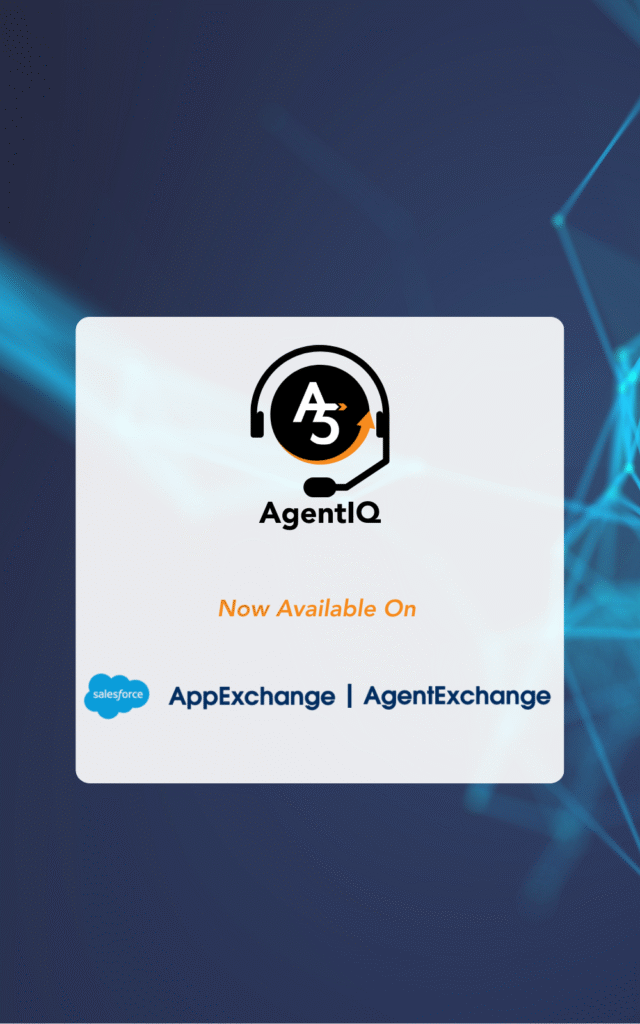Integra LifeSciences makes medical devices technology that saves lives. When they tried to expand into Europe, their Salesforce CPQ for medical device companies wasn’t keeping up with multi-country quoting, approvals, and compliance requirements. Sales reps were stuck generating quotes manually, waiting days for approvals, and constantly fighting with spreadsheets that couldn’t handle multiple currencies. Deals were slipping through the cracks, and they needed a solution fast.
The Problem
Fixing Broken Quoting in Global Medical Tech
Integra’s team knew they had problems. What they didn’t realize was how deep those problems went.
Their discount calculations kept breaking. You’d think currency conversion would be straightforward, but when you’re selling medical devices across Europe with different pricing rules per country, nothing is simple. The system wasn’t talking to their Oracle ERP properly, which meant finance was constantly cleaning up messes.
Then there was the code coverage issue. When Integra made changes for European markets, their existing tests started failing. They needed to hit 80% code coverage – not just for best practices, but because auditors were asking questions. For a medical device company, that’s not optional.
Sales reps were drowning in document generation. Imagine needing to create quotes in five different languages, with country-specific legal requirements, and different signature processes for each market. They were doing this manually. Every. Single. Time.
And here’s the real nightmare: Integra needed new pricing rules for Europe without breaking anything for their North American team. One bad deployment could shut down sales across the entire company.
The Solution
A Connected Engine for High-Tech Growth

We didn’t come in with a 50-page proposal. We rolled up our sleeves and started fixing things.
First week: Stop the bleeding. Our team went through every failed test, one by one. Boring work? Absolutely. Critical? You bet. We got code coverage back up to 80%, which meant the system was stable enough to actually build on. More importantly, it meant Integra could sleep at night knowing their Salesforce CPQ for medical device companies wouldn’t fall over.
Next: Build something that lasts. We wrote custom Apex classes and flows to handle the complex stuff – the business rules that Salesforce’s standard features just can’t touch. This wasn’t about showing off our coding skills. It was about making sure Integra could grow without hitting walls three months later.
Then came the hard part: Going global. We rolled out a standardized process across 10 European countries. Same core system, but customized for each market’s quirks. Germany handles contracts differently than France. Italy has different approval chains than the UK. We built for all of it.
Approvals got faster. We integrated workflows with email notifications so approvals didn’t sit in someone’s inbox for days. Sales managers could approve deals from their phone while getting coffee. Sounds basic, but it cut days off the sales cycle.
Finally: Automation that actually works. No more manual quote generation. The system now spits out accurate quotes automatically, handles currency conversions, and formats everything correctly for each country and language. Sales reps went from spending hours on paperwork to spending hours with customers.
The Results
Sales Acceleration and Guaranteed Compliance
Sales cycles got shorter. Not “10% improvement” shorter – actually, noticeably shorter. Reps were generating quotes in minutes instead of hours. Approvals that used to take three days were happening same-day.
We didn’t break North America. This might not sound impressive, but trust us – deploying complex European functionality without disrupting existing operations is harder than it looks. Both regions kept selling without a hiccup.
The system passed every test. That 80% code coverage wasn’t just a checkbox – it meant the platform could handle audits, handle scale, and handle whatever Integra threw at it next.
Europe started selling like pros. Teams across 10 countries went from fighting with spreadsheets to actually selling medical devices. That was the whole point.
Gurpreet Kaur, who runs Global Analytics and Strategic Initiatives at Integra, put it pretty simply:
— “ A5 was a strong partner in enabling this critical functionality that provides significant value. They presented expertise both in process and technology. Through this solution, the Integra commercial team can get accurate quotes in front of customers through proper approvals and real-time pricing, reducing the sales cycle significantly. CPQ has simplified the complex sales processes that allow our sales teams to spend more time with our customers.”
Gurpreet Kaur
CVP & CIO, Global Analytics & Strategic Initiatives
Why It Worked
Our Technical Rigor and Collaborative Model

Two reasons, and neither of them is rocket science.
We built for tomorrow, not just today.
Yeah, we fixed the immediate fires. But we also used advanced Apex development to build an architecture that won’t fall apart when Integra scales to new markets or launches new products. That 80% code coverage? That’s not just a number – it’s insurance against future headaches.
We worked like we were part of their team.
Our people embedded with Integra’s team across different regions. We sat in their meetings, understood their pain points, and built solutions that worked for how they actually sell – not how some textbook says they should sell.
Plus, we know about the medical devices industry. We understand why regulatory compliance matters, why audit trails can’t have gaps, and why you can’t just “move fast and break things” when you’re selling equipment that goes into operating rooms.
Where the Medical Devices Technology Industry Is Headed: Agentforce Revenue Management (formerly known Revenue Cloud Advanced)
Here’s what’s happening in the Salesforce world that matters for medical device technology companies.
Salesforce isn’t selling CPQ anymore. They’ve moved on to Revenue Cloud Advanced or Agentforce Revenue Management – newer platform that do what CPQ did, but with AI baked in from the ground up.
For companies like Integra running Salesforce CPQ for medical device companies today, this shift matters. Not because their current system will suddenly stop working — it won’t. But because the next evolution of commercial operations is already here, and it’s built differently.
What makes Agentforce Revenue Management different:
It’s faster because AI handles the repetitive stuff. Think quote generation, pricing recommendations, and contract reviews that happen in seconds instead of hours. Agentforce can automatically suggest optimal pricing based on deal history, customer segments, and margin targets.
It’s built for flexibility. Want to launch subscription models for medical devices technology? Usage-based pricing for consumables? You can do that without writing custom code or waiting months for developers.
The compliance story is stronger. Built-in contract lifecycle management with version control and unchangeable audit trails. When regulators show up, you’re not scrambling to piece together documentation from three different systems.
Everything connects better. API-first architecture means real-time integration with your ERP, quality management systems, and whatever else you’re running. Sales, finance, and fulfillment finally work from the same data.
What This Means for Medical Device Technology Companies
If you’re running Salesforce CPQ today, you’re in good company. Integra is too, and their system is humming along nicely after our work together.
But here’s what smart companies are starting to think about:
The migration conversation will happen eventually. Not this quarter, maybe not this year. But as Salesforce continues investing and enhancing Revenue Cloud Advanced or Agentforce Revenue Management and adding more AI capabilities through Agentforce, the gap between what CPQ can do and what the newer platform offers will keep growing.
Your proven processes transfer. The good news? Everything we built for Integra – the workflows, the approval chains, the multi-country logic – that all carries forward. Migration isn’t starting from scratch. It’s moving working processes to a more powerful platform.
AI changes the game for global sales. When you’re selling across 10 or 20 countries, Agentforce can spot patterns humans miss. Which pricing strategies work in Germany versus Italy. Which discounts close deals faster. Which approval bottlenecks slow you down. That intelligence gets more valuable as you scale.
Why Medical Device Technology Companies Call Us
We’re not the cheapest option. We’re the team that actually understands what you’re dealing with.
Medical device technology sales are complicated. You’ve got complex product configurations, regulatory requirements that vary by country, integration headaches with specialized systems, and approval processes that need ironclad audit trails. Plus, you’re probably managing channel partners with their own pricing rules.
We’ve done Salesforce CPQ for medical device companies implementations for multiple manufacturers. We know the pain points because we’ve fixed them before. Our team understands both the Salesforce platform and your industry’s specific requirements.
That combination is rarer than you’d think.
Ready to fix your quoting system? Let’s talk about what’s actually broken and how we can fix it. Contact A5 to discuss your Salesforce CPQ implementation challenges.





